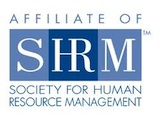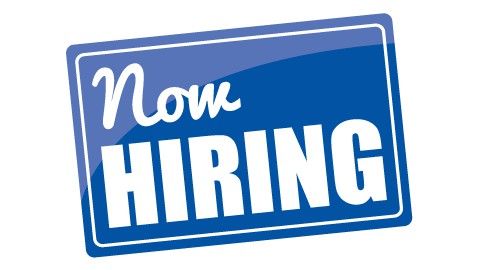SHRM Frames Committee To Help Integrate Veterans Into Employment Mainstream
Post Views 4
Sharron Hillman, President of the NWI chapter of SHRM said, “We have partnered with the Center for Workforce Innovations to help foster an atmosphere conducive to hiring veterans. Volunteers from our organization do everything they can to help our veterans find jobs, and help employers understand how much they can be a major factor in the process.”
The SHRM has stated in its mission statement that they aim to be the principal spring of Human Resource professional development in Northwest Indiana.
The mission of SHRM is to be the principal source of Human Resources professional development in Northwest Indiana. They provide specialized growth opportunities for HR members, deliver quality services and products to members, and advance the profession through involvement in human resource management at all the three, local, state and national, levels.
Aware of the fact that most veterans have skills that are valuable to employers that make them extremely employable, but they lack the expertise to fill in forms, write applications, resumes and face interviews. SHRM addresses these issues, by making them go through real life practical issues that they would face in their search of a job.
“In our partnership with Workforce, our HR professionals review mock interviews that the veterans conduct,” Hillman said. “We offer constructive criticism and suggestions for how they can improve their interviewing skills.”We also offer help with other job search skills they need, such as follow-up contact.”
Just as they help the veterans to brush up on their communication skills, similarly SHRM also interacts with employers and makes them aware of the distinct diversity of veterans and they can be a valuable asset to their workplaces.
“Most employers want to hire candidates who have creative ideas and are ready to express the,” Hillman said. “They are looking for potential employees who think outside of the box.”
However, employers feel that with the military background and experience, veterans really don’t fit into this bill of thinking creative employees.
“It’s not that veterans aren’t creative or expressive,” Hillman clarified. “That’s far from the reality. But many veterans have become used to taking orders without question. So when they interview for jobs, they can still be in that mode.”
According to Hillman, both the veterans and those who employ them must change and learn to adapt to the new surroundings. Civil life may feel a little alien to them, whilst employers may find that they need to be handled a little patiently.
“Over time, veterans will become acclimated to civilian life again,” Hillman said. “They will adapt to expressing their views and ideas in a civilian work environment and become productive team members.”
“There are many things that employers can do to help veterans transition into their workplace,” Hillman said. “They can establish mentoring programs, for example. It’s very beneficial to have someone to talk to and ask questions. Mentoring programs can provide that.”
Veterans will benefit greatly from working with teams, and learn from them and get back into the employment mainstream.
“Most employers are very enthusiastic about hiring veterans,” Hillman said. “They don’t always know that their environment may need a little tweaking to help those veterans fit in.”
The issue of veterans strikes an emotion chord in Hillman as she served in the Army Reserves for nine years, her husband Bruce served in the army for a decade. “We know firsthand the challenges that our veterans can face,” Hillman said. “It’s very satisfying to bring both sides together and create a successful environment.”
“Our workforce reflects an increasingly diverse population,” she said. “Organizations must effectively manage diversity in order to attract and retain high quality employees and create a more cooperative, creative, and productive work environment.”
One important aspect she stressed upon was that diversity can be managed, by not only having respect for an employee’s abilities and viewpoints but also demonstrating it.
An employer can implement the following policies in his workplace that will ensure that you and your workers are expected to respect each other’s diversity. A policy should be created on policy and inclusion and it should be read and understood by every employee. Training should be provided to the employees in this regard and finally, managers and supervisors should be given training on how to resolve conflicts if and when they arise.
“Diversity is a very important element for us and as such, the Northwest Indiana SHRM committee has established a mission statement and is committed to it,” Hillman concluded.
SHRM Frames Committee To Help Integrate Veterans Into Employment Mainstream by Harrison Barnes


 Want to Attract Top Talent to Your Company? Have a Purpose
Want to Attract Top Talent to Your Company? Have a Purpose  Top Trends in Human Resources
Top Trends in Human Resources  Adjectives to Look for in Quality Candidates
Adjectives to Look for in Quality Candidates  Simplify the Hiring Process
Simplify the Hiring Process  Top 5 Areas You Should Cut Costs in Your Business in 2016
Top 5 Areas You Should Cut Costs in Your Business in 2016  Generation Y is Changing Corporate America
Generation Y is Changing Corporate America  5 Ways You Can Hire and Keep the Best Employees for Your Company
5 Ways You Can Hire and Keep the Best Employees for Your Company  Make Hiring in 2016 Better
Make Hiring in 2016 Better